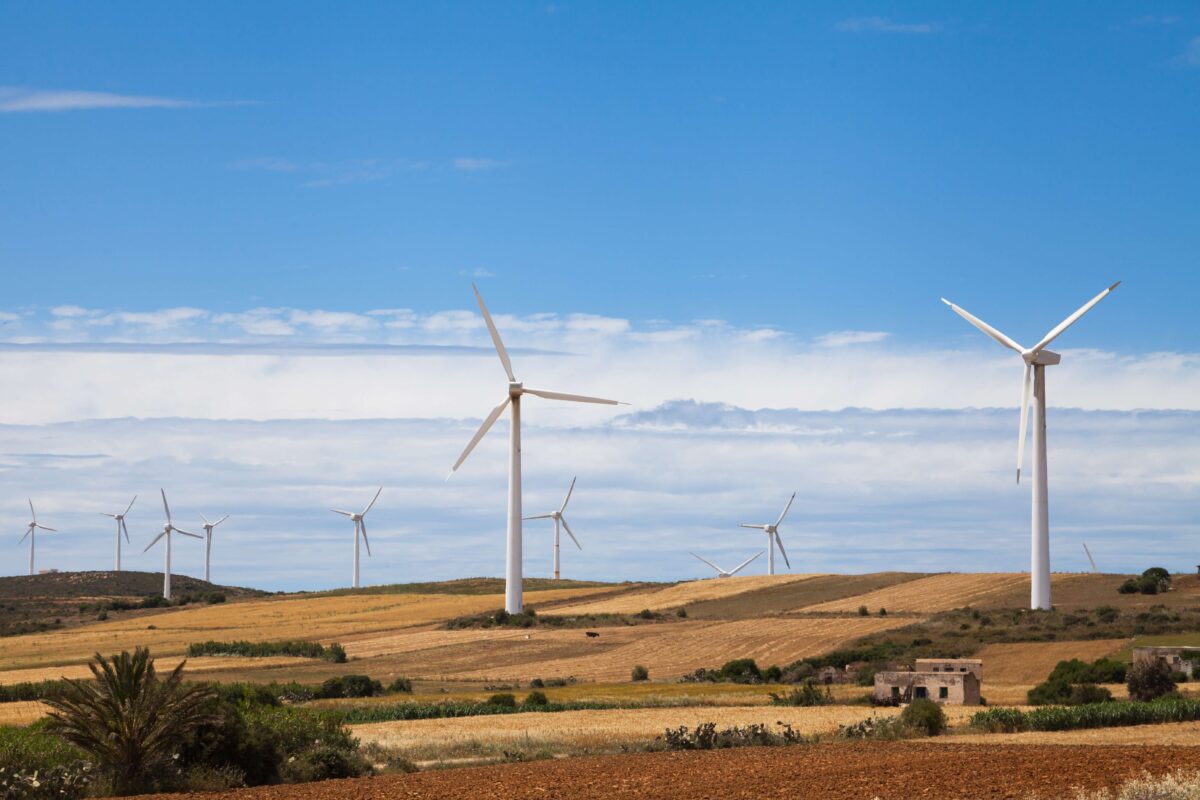E.ON have agreed to acquire rival RWE’s subsidiary Innogy SE
E.ON have agreed to acquire rival RWE’s subsidiary Innogy SE with RWE refocusing on renewable power generation, acquiring most of E.ON’s renewables business. The shakeup has potential consequences in the UK with Npower, which is owned by Innogy SE, transferring to E.ON. A potential merger of Npower and UK-listed SSE is already under investigation by the UK’s competition watchdog.
France will be committing €700 million in investment to the International Solar Alliance (ISA), a tripling of France’s previous commitments. The ISA has 60 signatories and is reportedly aiming to mobilize US$1 trillion in funds for future solar and storage technologies across 121 solar rich countries lying within the tropics.
Norway’s biggest petroleum company Statoil ASA will change its name to Equinor to reflect its interest in new energy sources and solutions beyond the oil and gas industry. Statoil has recently entered solar markets and has increased its investments in offshore wind over the past few years. The company’s new name and brand redesign, the costs of which are estimated at US$30 million, are based on the prefix of words such as equality and equilibrium and “nor” for the company’s Norwegian origin.
Egypt inaugurated the first 64MW solar power unit at its remote desert Benban Solar park. This is the first of 32 planned units which will feature 200,000 panels and 780 solar trackers that collectively generate as much as 1.8GW at a cost of US$2.8 billion, with completion expected next year. Egypt currently produces more than 90% of its power from oil and natural gas, according to Bloomberg New Energy Finance.
A new solar panel design demonstrated in a laboratory at Soochow Univeristy in China is able to generate electricity from falling raindrops, which would improve solar output during rainy weather. The device uses two transparent polymer layers on top of a solar PV cell. The friction from raindrops falling on the panels and rolling off generates a static electricity charge. Researchers claimed this area of innovation is developing fast, and experts aim to produce a prototype product in three to five years, but the actual power output generated from falling rain is likely to be low.
OPES Solutions, a supplier of off-grid solar modules, has developed an ultra-light solar module together with the Fraunhofer Center for Silicon Photovoltaics. The use of polyethylene terephthalate (PET) for the module back panel can reduce module weight by two-thirds when compared to conventional crystalline modules.
Electric vehicles
Volkswagen has picked partners to provide battery cells and related technology worth €20 billion for its growing electric car programme. Following a strategic shift after the emissions scandal, VW plans to sell 3 million electric cars by 2025 and to offer an electric version of each of its 300 models by 2030.
China has started work on a ‘super highway’ from Hangzhou to Ningbo that will integrate PV technology with the goal of wirelessly charging electric vehicles as they drive. The highway is expected to be completed by 2022 in time for the Asian Games in Hangzhou.
Norway has plans to make two-thirds of its boats electric by 2030. Electrification of shipping fleets is miles behind the advances made in the automotive industry in the last few years. Shipping was omitted from the Paris climate deal and is expected to account for 17% of CO2 emissions by 2050.
A new study called V2GB (Vehicle to Grid Britain) funded by the UK government will identify how best to reward the flexibility made possible through vehicle-to-grid technology. The study will be conducted by a consortium of UK companies including National Grid and Western Power Distribution. The study follows on from the UK’s first domestic V2G trial, which demonstrated that electric vehicle owners could earn around £60 per month for helping balance the grid.
Energy storage
Scientists at Arizona State University and Rice University have used sugar cubes to suppress lithium dendrite growth, a battery degradation mechanism that is a major barrier for next-generation high-energy-density batteries. The study published in Nature Energy showed that the new approach could maintain the energy density of lithium metal batteries of nearly 98% over 200 cycles.
Scientists at RMIT university in Melbourne have created the world’s first rechargeable proton battery. The battery uses carbon and water instead of lithium, avoiding the reliance on scarce and expensive lithium, and it could be commercially viable within five to 10 years. This step is a crucial one towards cheaper and more environmentally-friendly energy storage.
A London-based private-equity firm Gore Street Capital plans a listing for the world’s first energy storage fund, seeking to raise £100 million from an initial public offering. The fund will invest in large-scale batteries and will function similarly to other clean energy funds in the UK, which use the yieldco model that pays dividends to shareholders generated from electricity sales.
Energy efficiency and demand response
According to Energy UK, more than 660,000 customers switched their electricity supplier in February, representing a 60% rise from the same month in the previous year. Energy UK believes the increase in publicity campaigns and marketing efforts by suppliers and switching websites is likely responsible for the rise. A fifth of the switches in February were from the Big Six energy firms to smaller suppliers.
San Francisco-based energy efficiency company Carbon Lighthouse has raised US$27 million to expand its engineering and marketing efforts. The company’s software analyses data collected from sensors in commercial, industrial, and academic buildings to find ways to use energy more efficiently.
UK demand response aggregator Flextricity has successfully secured gas and electricity supply licences from regulator Ofgem. Flextricity will now offer its customers access to the estimated £350 million market available through National Grid’s balancing mechanism.
A new survey commissioned by the UK’s smart meter agency Smart Energy GB suggests smart meter users are more likely to consider purchasing energy as part of a ‘lifestyle service’. It found half of those surveyed found energy as a lifestyle package appealing. So-called lifestyle service companies, such as Netflix and Spotify, are predominantly those in broadband and media streaming services.




